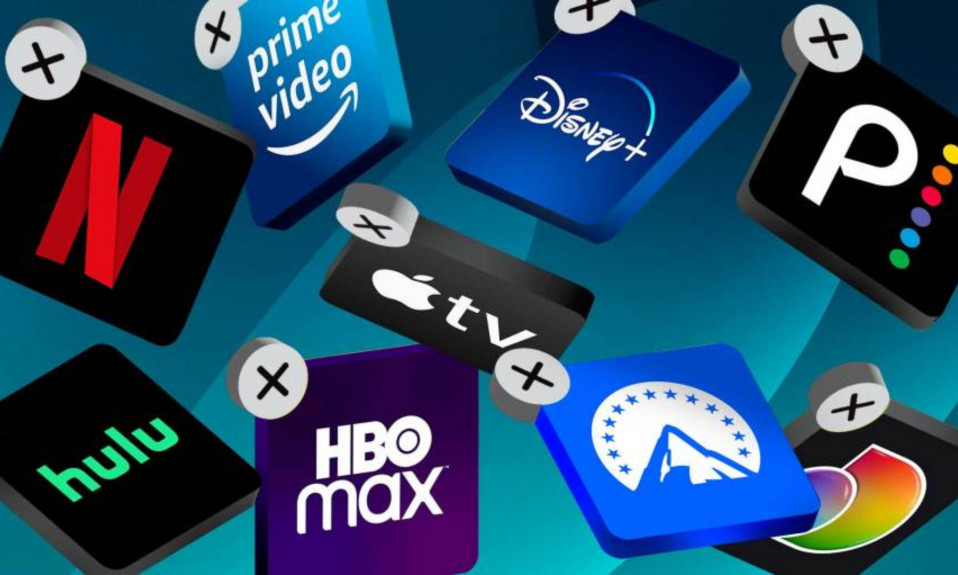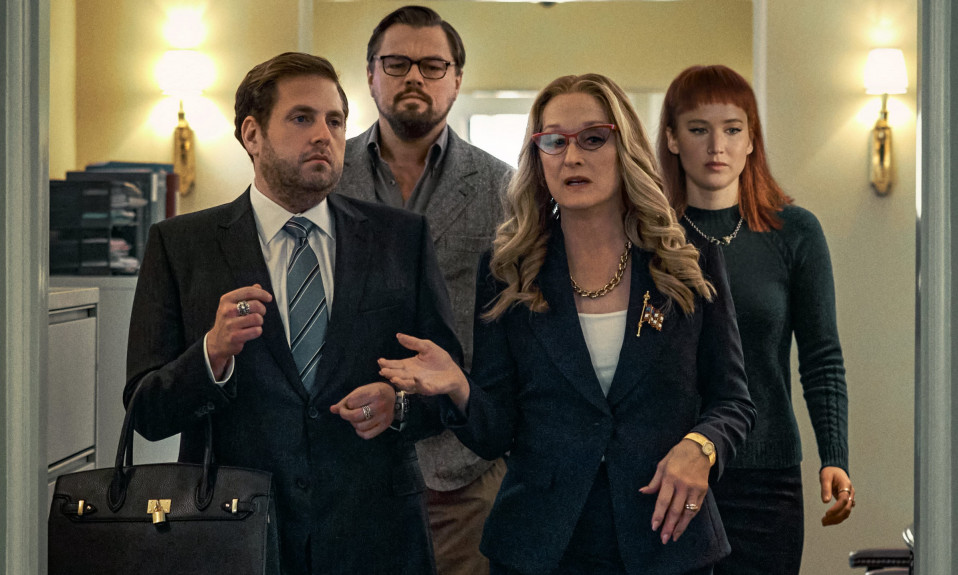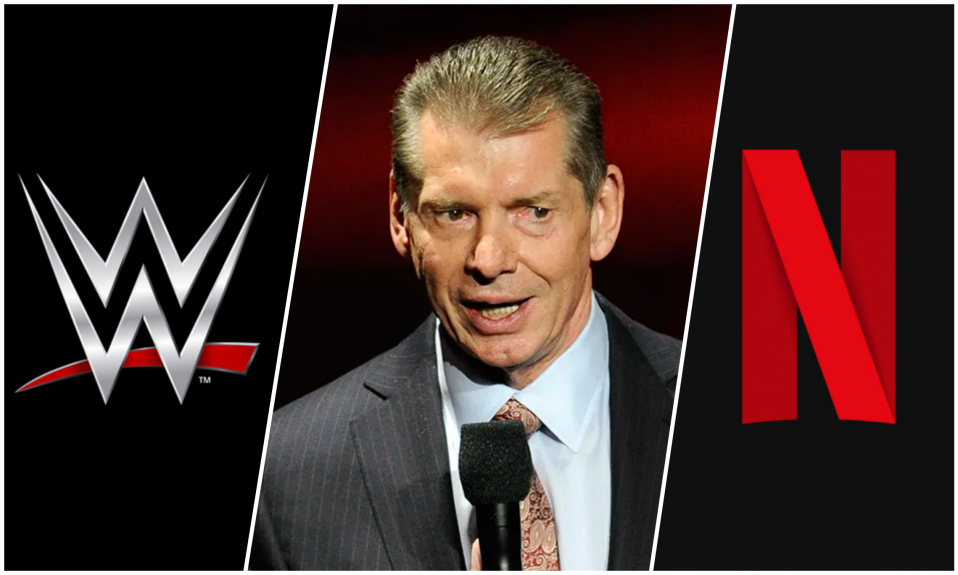While the WGA strike ended in a satisfying way for the writers their strike flagged up a crucial point that is still worth analysing. That is how the current streaming landscape is affecting customer choice.
In this article, we will look at the current state of streaming and try to determine if it has resulted in viewers having more or less choice when it comes to accessing their favourite films and TV programmes.
Swimming Through Streaming
The biggest streaming services are currently Netflix (around 232 million subscribers), Amazon Prime Video (over 200 million) and Disney+ (around 146 million).
Other popular services like Max, Paramount+, Hulu, Apple TV+, Starz, Peacock, ITVX and more also have sizable subscriber bases of their own. And more streaming services may be coming further down the line.
Positives
With so many streaming services, each offering original productions and access to a library of classic and modern projects it seems like there is a huge amount of choice available to customers. And there are definitely benefits to the current state of streaming. For example, it ensures many projects are available to wide audiences in accessible ways. And it has encouraged viewers to watch more international media. However, the industry has been accused of using many tactics that have negative consequences for customers.
The Illusion of Choice
The WGA West recently released a report into the anti-competitive practices of the biggest three streaming services. Although some of their critiques also apply to smaller streamers. The document lays out how Disney uses its industry position to constantly acquire new companies (it currently owns the ABC network, Pixar, Marvel, Lucasfilm, 20th Century Fox, and a majority stake in Hulu) increasing its market control. Resulting in an overall decrease in media output. It has also withdrawn content it owns from other streaming sites (something other studio-owned streaming sites are now doing). It limited the content shown on its platforms to mostly Disney-owned work. Also as a result of its market dominance, Disney has been able to pressure viewers to accept price hikes to retain access to their platform.
The document also says Amazon has been able to disadvantage competitors by demanding fees to allow viewers access to their services through their Fire TV platform (one of the leading ways people access streaming). Thus depriving viewers of any choice that would not result in them collecting extra fees.
Netflix through increasingly making self-produced content rather than collaborating with third-party production companies, its acquisition of other production studios (increasing its market share), and its use of power to increase subscription prices while reducing investment in content is increasingly depriving customers of choices regarding projects and access plans.
There are also egregious examples of streaming services cutting content from their libraries. Leaving viewers no way to access them physically or digitally. As well as some companies restricting access to their site by cracking down on password sharing, not exactly providing a great amount of options for viewers.
What This Means?
If all practices outlined in the WGA report are accurate it’s clear that despite the number of streaming services increasing it has done little to give viewers more choice. In fact, it has taken away a lot of choice by restricting access to media, pushing up prices customers pay for access and increasing the subscriptions needed to access the same content.
What was once considered a disruptive distribution model that would give customers convenient access to a diverse array of media is fast becoming a gatekeeping exercise for big companies to retain control of their films at the expense of customers.
Also Read: How the Streaming Revolution Has Fuelled Movie Piracy













